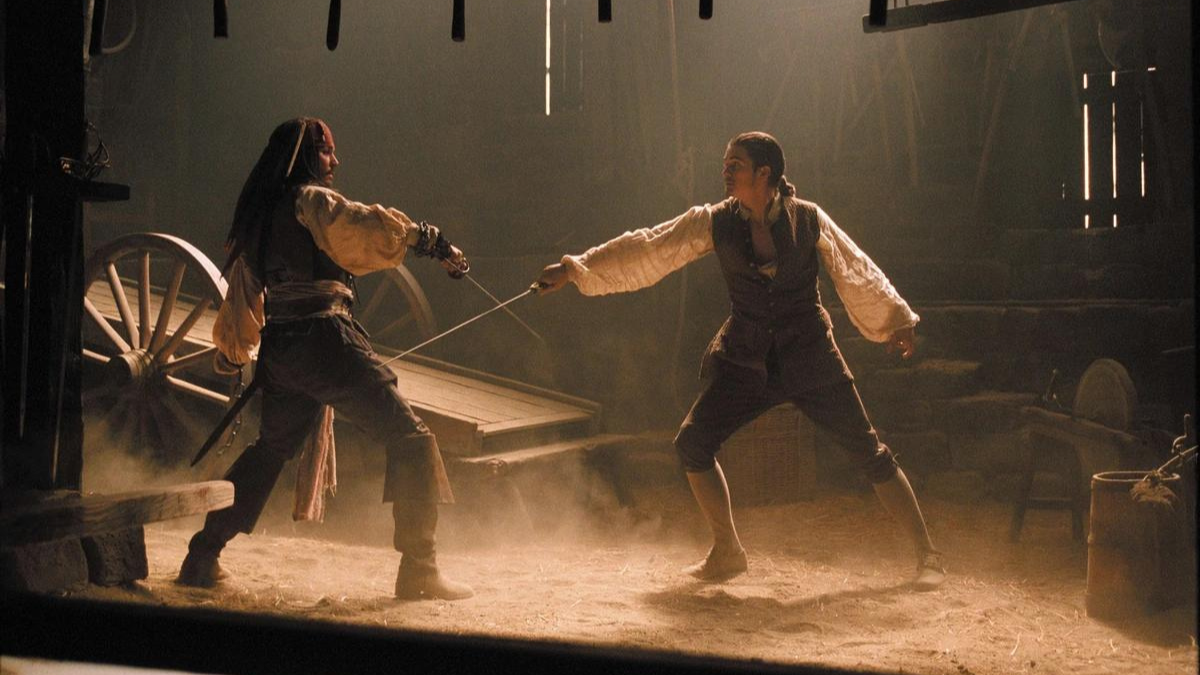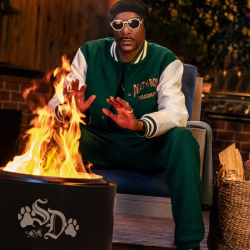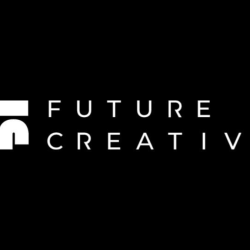In this interview our Exec. Editor, Mike Piggott, chats to Fight Director and Performer Jack Stockdale-Haley about how he got into his career and what exactly is involved in the day job of a Fight Director. And yes, it’s as cool as you might expect.
Hi Jack. So we first connected when we met at a sort of medieval weaponry festival called Swordpunk. I think you were hosting stage combat classes. How did you get into that?
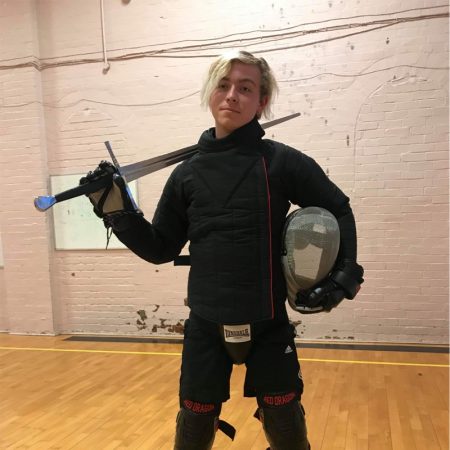
I became involved with Swordpunk through knowing and training with Dan (the organiser). We fenced together at the Royal Armouries, and he taught me some of his valuable philosophies and techniques on fighting — particularly with the longsword. After attending as a guest — at one point having my stag party on the Saturday night of the September 2021 event — Dan invited me to run one of the workshops. I chose stage combat, as it was my most unique skill amongst the Swordpunk community, and I’ve taught it there with great enjoyment ever since!
Your actual job title is ‘Fight Director and Performer’. Can you give us the elevator pitch as to what you actually do?
My work as a Fight Director is, at its core, telling engaging stories with violence whilst keeping all those involved safe.
You recently got yourself onto a list of Fight Directors. What is that list and what does it mean for your career?
My quest for the title of ‘Fight Director’ has been the prime goal of my life, for as long as I can remember. My path involved training in a wide variety of arts over the course of 20 years, a hefty amount of reading and study, work placements, shadowing etc. After all this, I was accepted onto the Equity Fight Director Register at the end of 2022! This prestigious accolade, first and foremost, is a declaration from my esteemed peers that I am skilled and safe enough to do the work that I do. It is my answer to the question ‘who says you’re allowed to do this?‘.
Do Fight Directors particularly compete with or more support each other, would you say? My guess is the latter.
Between Fight Directors, there is always the desire to get a good amount of work, but I’ve found that jobs frequently passed to relevant (close by, or have a particular expertise) people. Of course, there are fight directors who operate outside of the register, and the Stunt Register is an entirely different professional entity, but it is still overall a circle where most people know most people. The wealth of knowledge and skill that can be learned when you respect your peers — in my opinion — far outweighs miserly or over-competitive practices.
With all the great fights across decades of cinema, are there any that stand out to you? Any favourites, and why those?
Some highlights for me are the three that I wrote my BA dissertation on: The Princess Bride, Rob Roy and The Karate Kid. More recently I have found a love for a pair of 1950s films; Scaramouche (1952) for the unquestionable skill of the performers with a sword, and The Court Jester (1955) for the phenomenal way that character and story is told through the physical performance of Danny Kaye.
These films are not perfect by a long shot, but their charm, energy and passion is so incredibly refreshing! In the words of an old mentor of mine; ‘Fear of doing something wrong often prevents you from all the things that are right.’ If you watch any part of these films (and I would thoroughly recommend watching in their entirety!), watch the theatre duel in the former, and the final duel in the latter. Also honourable mention to The Deluge (aka Potop) (1974).
Before the interview you told me you approach fights from the point of view of story — can you talk a bit more about that?
I approach fights from a story and character point. There is a special kind of truth that can be revealed about characters and situations when violence is introduced in a story. If the scene would tell the story just as well without a fight, then the fight can easily become unnecessary and even boring — no matter how flash and spectacular! If the scene, without the fight, is missing something vital, then that is the first goal of the choreography. In Pirates of the Caribbean: Curse of the Black Pearl there’s a blacksmith fight. If the scene were to have Will find Jack in his shop, question him, then have Tom knock him out with a bottle, we’d lose the character development that seeing them fight brings us. It shows that Will has built skills that Jack’s experience has not given him, but Jack’s savvy trumps Will’s naivety.
These opposed parts of their characters (the skilled yet sheltered gentleman and the genius improviser) set up the whole film; whilst still keeping us enraptured with some flashy sword fighting. Later, we even see that they’ve learned some tricks from each other, and their character arcs feel deeper and more earned.
Is that where you think a number of modern fight scenes fail, in that they just have fights for the sake of fights and there’s no real change of the characters by the end of the scene?
I believe that some modern film fights do fall into the trap of ‘fights for the sake of fights‘. Not all by any means! We still have beautiful stories told through violence in films like Legend. This could come from the idea that a fight scene is in some way different to any other scene. If the scene is written to facilitate a fight, then the fight has nothing to guide it. If the scene is written as a part of the story and contains a fight, this usually yields far better results. Demonstrations of skill can be essential to a character, but it is easy to overdo and lose substance.
How much influence do Fight Directors have over the process? As in, do you get to work closely with Screenwriters, Directors of Photography and Directors to help elevate the material?
Fight Directors are hired to do a job. Sometimes production wants us there on the day to make something work safely. Sometimes we are left to it; to ‘make a fight’. I try to push for involvement in the process earlier rather than later.
If I come onto a set with no prior knowledge of the script, scene, director’s vision or actor’s intentions for character, it makes the process much harder than working with all of these creatives earlier in the process to make my choreography a more effective vessel for their artistic intentions. The only time that we can, and will, overrule the team that has hired us is when something is unsafe.
Do you think the nature of fight scenes has changed in cinema over the years? Do we demand more as audiences now, or have the fundamentals kind of stayed the same?
I think that in some areas of cinema, especially when viewing cinema as a business, it can be easy to say ‘I want a big fight.’ When that is the goal, we lose the reason for it to be there (story, characters and stakes that we care about), and we are left with spectacle. Spectacle seems brilliant from a business standpoint — you can throw money at the CGI and make everything bigger and faster and louder and brighter. But as an audience, we get used to things. There are diminishing returns. And suddenly a fight that would have blown the mind of someone 10 years ago, with a million planes all blowing up at the same time and 100% of the screen filled with fire whilst the speakers work at maximum capacity, is boring to us.
At this point you have a choice — go back to character and story and make the audience care about what is being told, then use some spectacle to make that vessel of storytelling richer, or invest in bigger screens, bigger speakers and another million planes. I do feel hopeful that we are collectively moving back in the right direction (I really felt it with the recent Cyrano film), and I am excited to be part of what is to come.
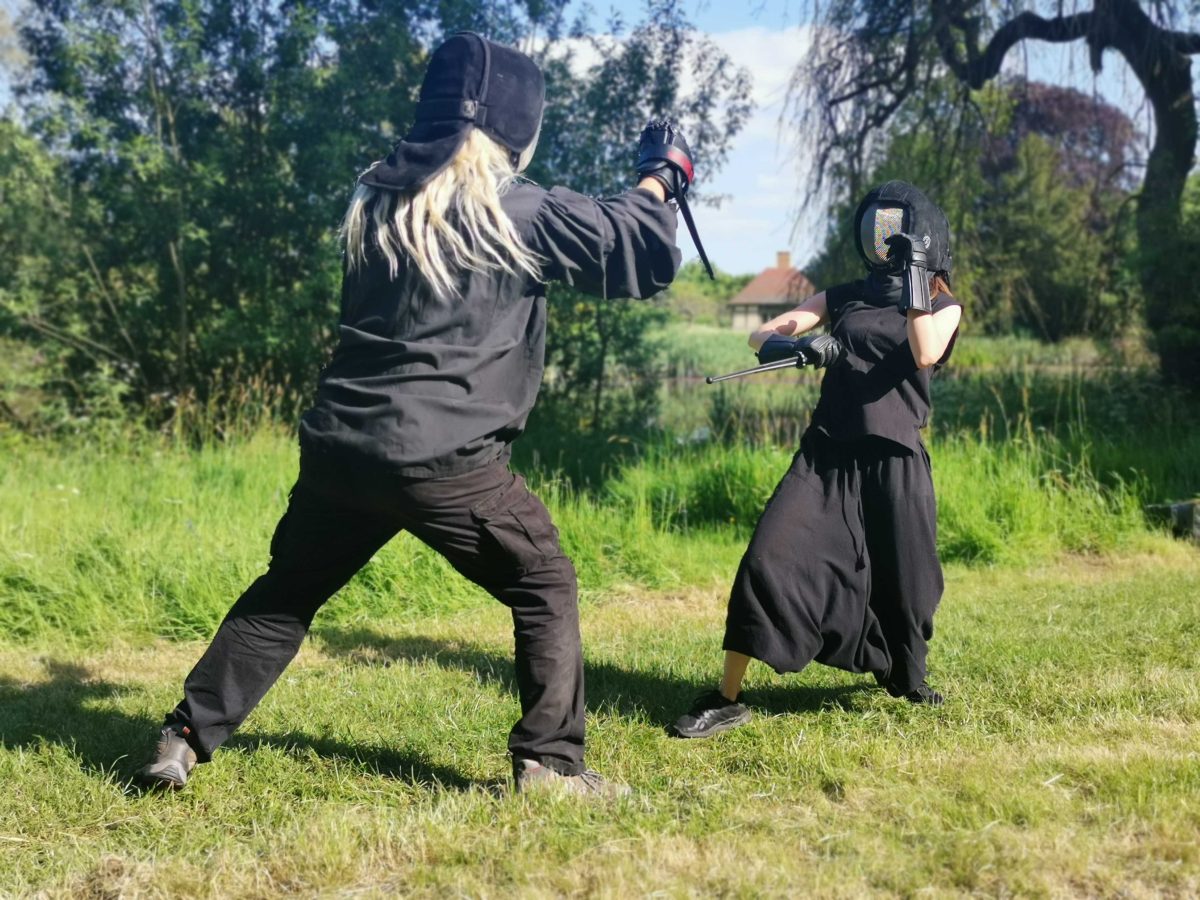
Is there any particular direction you’d like your career to go, genres you’d like to work in, or directors you’d like to work with?
For the first time I think ever, I am open to what comes to me and my career. I have loved working on period pieces, but the excitement of this job comes from variety and learning and growing and changing. I don’t want to rush towards just doing sword fighting in silly old-fashioned shirts, because I love it now.
I am very careful when reading a script or accepting a project that I am taking the work for a good reason and that I am excited about my work — I know that I can give my best when I’m excited by what I am doing!
You strike me as someone always learning new things. Any new fighting styles you’ve picked up lately that you’re excited to keep developing?
If I had to pick a fighting style that I’ve done recently, I’d have to give it to Fiore’s Dagger. Fiore was a knight in the 1300s, and wrote an Italian manual covering an incredible breadth of subjects. Recently, I have really gone deep into his sections of dagger fighting, as I’ve been asked to teach it at a HEMA club for a few months, and have found it a fascinating, intuitive and valuable style of fighting.
Finally, what’s next for you? Where can we look out for your work on screen?
My next project is a period piece set in renaissance London. We have a fantastic team of actors/combatants on board — chiefly from the Sword and Scoundrel group — and a dedicated and passionate crew. The piece is inspired by the historical figure Christopher Marlowe, and the mysterious circumstances of his reported death in an argument-turned-brawl over the bill.
Featured image: Pirates of the Caribbean: Curse of the Black Pearl (2003)

















